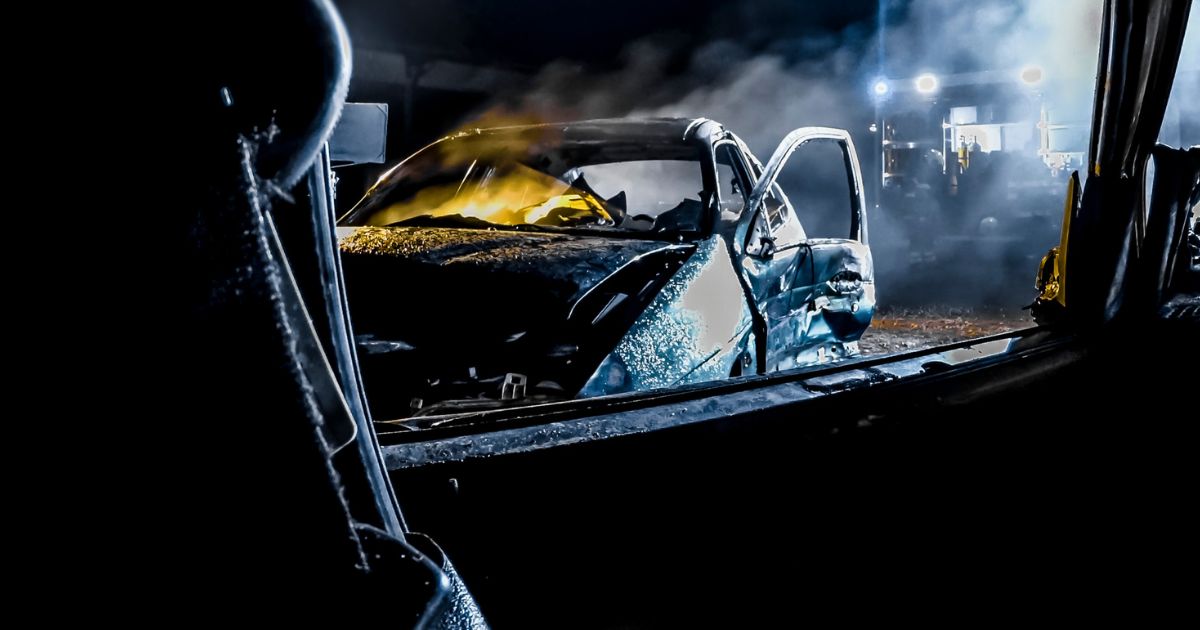MENU
- Home
- Overview
- Attorneys
- Practice Areas
- Firm News
- Blog
- Contact

Driving at night can evoke different feelings for people. For some, it is a peaceful experience, with less traffic and a quieter atmosphere. Others experience anxiety from the bright lights and reduced visibility, however. Either way, there is an important question: Are there more car accidents at nighttime?
Statistics for car crashes in America have found that out of about 5.25 million car accidents in one year, nearly 29 percent happen after dark. Out of those, about 49 percent involved fatalities.
There is no question that darkness at night makes it harder for drivers to see other vehicles, pedestrians, cyclists, and objects on the road. Without enough illumination, the risk of collisions increases significantly. Glare from headlights also makes it harder for people to see, especially ones with poor vision.
Driver fatigue and impairment are also likely to happen during nighttime hours. After a long day of work or activities, drivers may find themselves more tired and less alert. Nighttime also coincides with social events like dinners and parties, where alcohol and drug consumption is more common. The combination of fatigue and impairment can impact reaction times and decision-making skills.
Inadequate street lighting makes it much harder to navigate roads at night. Poorly lit streets reduce visibility even further, making it difficult for drivers to identify hazards and obstacles. As with other causes of poor visibility, drivers may need more time to react to unexpected situations.
Weather conditions can be unpredictable and pose even more challenges for nighttime drivers. Rain, fog, and snow are problematic enough during the day, but reduced visibility combined with slippery roads can create treacherous driving conditions.
While the human eye can see in limited light, the glare and other factors are stacked against drivers. You should take extra precautions to avoid crashes when driving in the dark.
Checking that your headlights are correctly adjusted and using high beams when appropriate can improve visibility, but always turn them down when another vehicle approaches. Keep the dashboard lights at a low setting, too, because the contrast of dark and bright can be distracting.
Other nighttime driving tips include:
Driving at night comes with challenges and risks. By understanding these factors and taking proactive measures, you can protect yourself and others on the road.
If you or a loved one has been injured in a car accident during nighttime hours, seek legal guidance from a skilled Wilmington car accident lawyer at Jacobs & Crumplar, P.A. Call 302-656-5445 or contact us online to schedule a free consultation. Located in Wilmington and Millsboro, Delaware, we serve clients in Dover, New Castle County, and Sussex County.